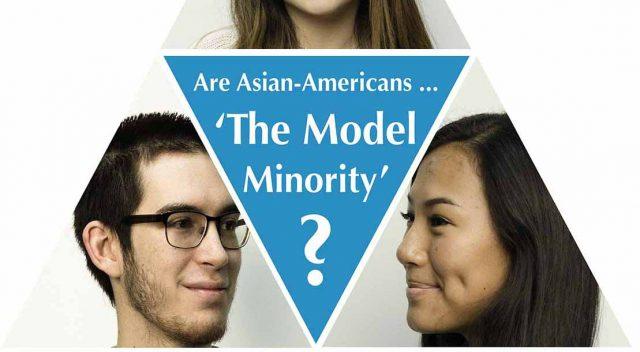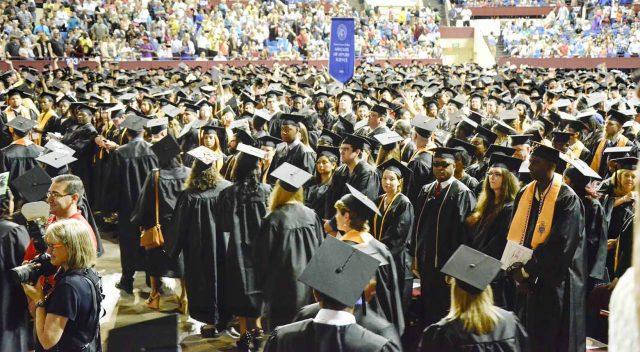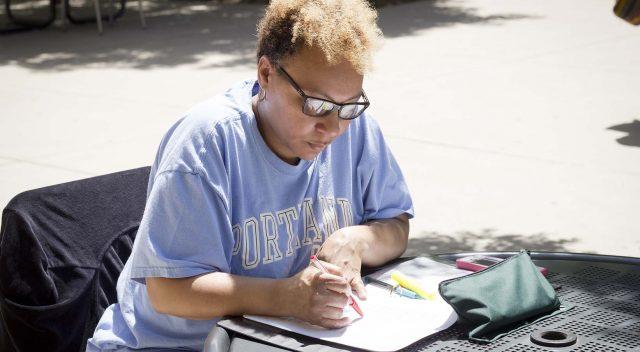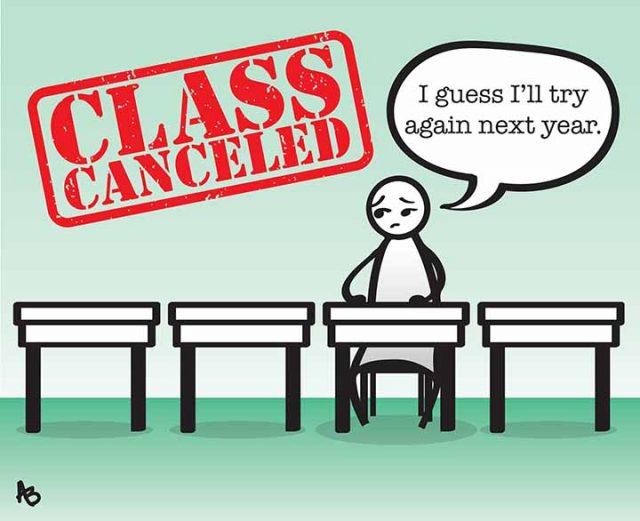By Ross Ocampo/ reporter
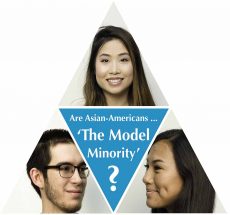
Bogdan Sierra Miranda
/The Collegian
Jonathan Kleehammer is Filipino.
Paulyn Trinh is Vietnamese.
Keiame Lee-Chong is Chinese.
Kylee Park is Korean.
Besides their Asian heritage, they are all also students at TCC. But that’s all they have in common.
However, Americans tend to group all Asian-Americans into one ethnicity, the model minority.
“I’ve always worked hard because that was the culture I grew up in,” NE student Park said. “That doesn’t mean I don’t have my flaws. It doesn’t come naturally as many people think.”
Americans have viewed Asians as the stereotype of the “hard-working, educated nerd,” and some right-wing conservatives have used the stereotype to belittle other races.
An example of such was Bill O’Reilly arguing with Tina Nguyen, an editor for Mediate.com, comparing the successes of Asian-American families to African-Americans while disregarding the years of systemic discrimination African-Americans faced.
“The way the media perpetuates these stereotypes makes it a lot easier for people to say what they want without a filter,” Park said. “Conservatives like [Donald] Trump make it easier for people to be more racist.”
Trump in an interview with Time magazine didn’t rule out supporting Japanese internment if he were in charge during World War II.
“I would have had to be there at the time to tell you,” Trump said.
Asians make up 5.9 percent of TCC’s students. That hasn’t stopped NW student Kleehammer from connecting with other students.
“I have been able to relate my experience with my friends who also have Filipino parents,” he said. “However, I have had friends from many different races, and I find that neither mine nor their ethnicity has ever been too important.”
NW student Trinh can share similar experiences with other TCC Asian-American students.
“I wouldn’t say [being Asian] is significant because it doesn’t affect me in an obvious way,” Trinh said. “It does set me apart as a minority, but it has not taken away my experiences of being here in America.”
Park moved from Korea to America when she was a child after her father found better business opportunities here.
“The transition was hard at first,” she said. “But after going to school and meeting new people of other races, I started to become more comfortable. It was especially helpful since I was young when we moved.”
TR student Lee-Chong has also grown up in a Western culture despite being raised by Asian parents.
“My mom was raised with a Caucasian family that never made getting in touch with her roots important,” Lee-Chong said. “The American culture became our own. It is what we identify ourselves with.”

























